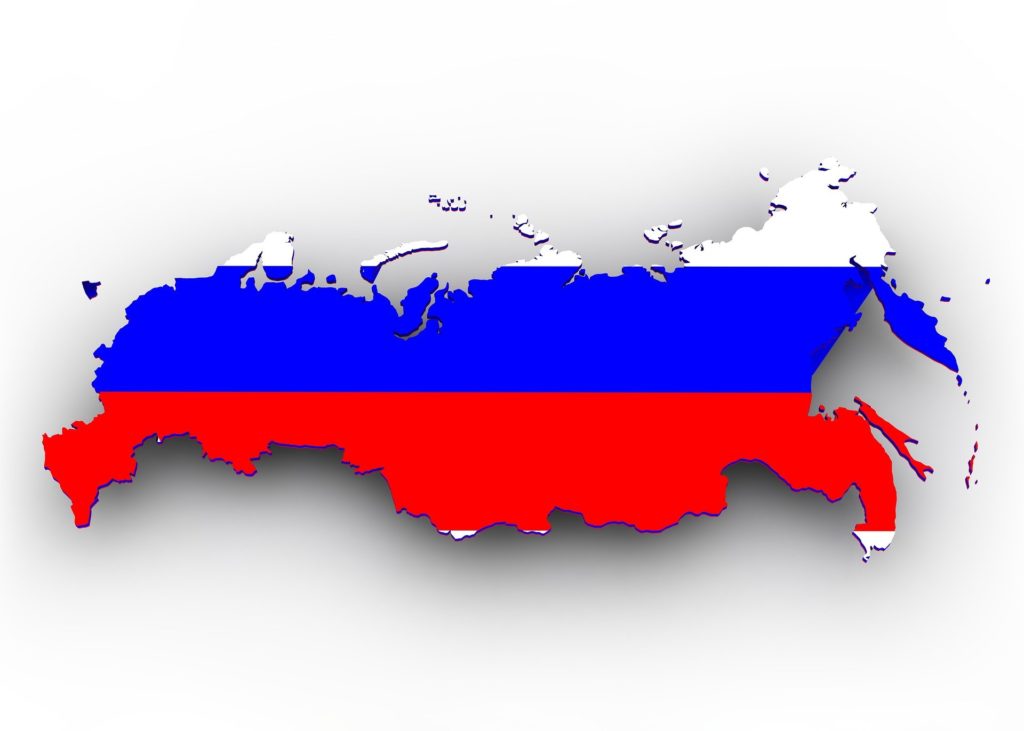This week, Russia announced that any patents belonging to firms who have pulled out of Russia can be stolen by Russian businesses. I expect this will effectively expand to any business not doing business in Russia and may even eventually include businesses who haven’t yet exited. Over the short term, this will allow Russian suppliers to attempt to make up for the loss of U.S., UK, and EU goods ranging from food to microprocessors. But long term, this is going to create a hard barrier for both companies foreign to Russia moving back into the country and for goods in Russia to move out. And in response, countries impacted by this law may move to invalidate patents held by Russian companies as well.
Let me explain.
Russia’s resource problem
Russian is in deep financial trouble. After the fall of the USSR as a political entity, businesses from outside of Russia moved aggressively into the country and dependencies were created between businesses native to the country. Patents assure revenues flow to the firms and individuals who create intellectual property, and they would prevent Russia from recreating offerings protected by those patents if they continued to be enforced. Practically speaking, while Russia is at war, enforcing patents by any company not headquartered in Russia would have been problematic anyway, but with this announcement, Russia has effectively invalidated patents that belong to foreign firms.
Russia’s new patent problem
Invalidating patents means that Russian companies can use technology from anyone outside of Russia without penalty and, while the war is going on, this will have some benefit. However, the benefit will be limited because when licensing a patent, you also get access to support technology and the technical help needed to implement the technology properly. Clearly, that will not be happening in this case.
In addition, while Russia can invalidate patents in its own country, it has no such power outside its boundaries. This means that when the war ends, and Russia invites foreign companies back into its fold, those companies will decline because they won’t risk having their patents compromised again. In addition, any goods coming out of Russia that made even indirect use of any of the patents that were compromised during the war will be blocked or seized as infringing. Companies will be unwilling to use those products even if they do ship for fear that they, too, will be penalized for patent infringement.
Given how blatant this move is, and how disliked Russia currently is, I do not expect courts outside of Russia to be lenient. To a patent judge, this will look like institutional theft and they and regulatory agencies are likely to make the related penalties very severe to prevent other governments from making similar illegal decisions.
This could also impact Russia’s allies, like China, who also sell to the rest of the world because parts made in Russia may cause goods that use those parts to be seized, even if they don’t come out of Russia. If partners want to sell internationally, they will be reticent to use technology from Russia in their offerings for fear of having their products seized, as well.
As a result, this decision by Russia could significantly lengthen the economic impact of the war with Ukraine because it will both prevent companies with intellectual property returning to Russia and prevent an increasing number of goods from Russia from being legally exported.
Wrapping up: Tactical vs. strategic thinking
Russia has a huge economic problem because of its unprovoked war with Ukraine. This has caused it to make the tactical decision to effectively void patents owned by foreign companies. But Russia does not rule the world, so other countries may not only retaliate, but they are also likely to ban goods that come from Russia or that use Russian parts as infringing patents held by companies in their countries, or companies held by countries that cooperate with patent protection. This will create problems for Russian companies and those that use Russian parts that could go on indefinitely blocking those parts from ever coming to the world market.
In short, Russia has traded a short-term and admittedly painful tactical problem for what may be a massive strategic problem that will haunt the country for decades. Rather than helping to force companies to stay in Russia, this is more likely to lock those companies out of world markets, along with many, if not most, Russian products.
- The HP OmniBook X Flip 2-in-1 16-Inch: Your New Digital Swiss Army Knife (Now in Glorious Atmospheric Blue) - June 25, 2025
- The Open AI Avalanche: Why AMD’s Collaborative Spirit Is Outmaneuvering NVIDIA’s Empire - June 22, 2025
- Lenovo Embraces OpenBMC: A Step Towards Greater Transparency and Control in the Data Center - June 17, 2025




Right on the money, Rob. Literally.